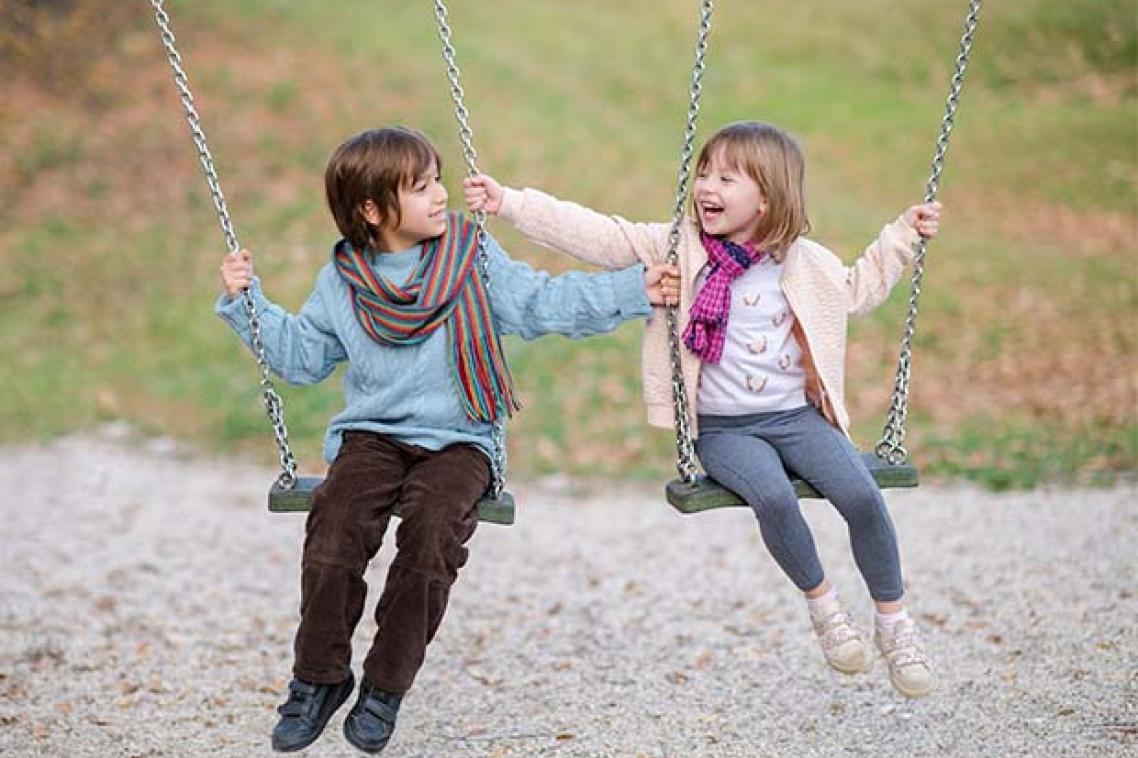Sex stereotypes shape children’s play in Australian homes

The types of play equipment found in Australian households is associated with the sex of the children living there, a University of Queensland study has found.
Researchers found households with boys had a higher prevalence of skateboards, bats, racquets and golf clubs, while those with girls were more likely to have skipping ropes, slides and swings.
Dr Stephanie Duncombe from UQ’s School of Public Health said the number of differences in play equipment increased with the children’s age.
“We found there were no differences between boys and girls under 2 years, 1 difference between the ages of 2 and 4, and 3 differences for children over the age of 5,” Dr Duncombe said.
“This is important to know because restricted access to some types of recreational equipment can influence activity levels.
“However, it was nice to see that with some toys, like balls, bikes and scooters, there was no difference between families with girls and families with boys.’’
The researchers examined the data of 5314 children across 2805 families who were participating in the Mothers and their Children’s Health study and the Australian Longitudinal Study on Women’s Health.
Dr Gregore Iven Mielke said the study was focussed on what equipment was available in the home, rather than what activities the children pursued.
“We know from previous research that girls are less physically active than boys from as early as age four and this study aimed to understand some of the potential reasons behind this difference,” Dr Mielke said.
“Ultimately, it’s about ensuring that all children have equal opportunities to explore their interests and engage in different types of physical activity.
“Further research is needed to investigate physical activity levels based on family make-up, to consider any additional explanations for these differences in play equipment, such as socio-economic status and ethnicity.”
The study was funded by a National Health and Medical Research Council (NHMRC) grant.
The research has been published in the Journal of Child and Family Studies.
Media contacts
UQ Communications
communications@uq.edu.au
+61 429 056 139
Topics
Related articles

Greater attention needed on community service workforce

Nature versus nurture question addressed in landmark study
Media contact
UQ Communications
communications@uq.edu.au
+61 429 056 139
